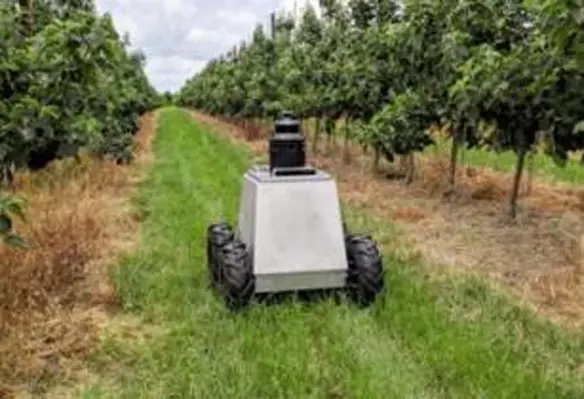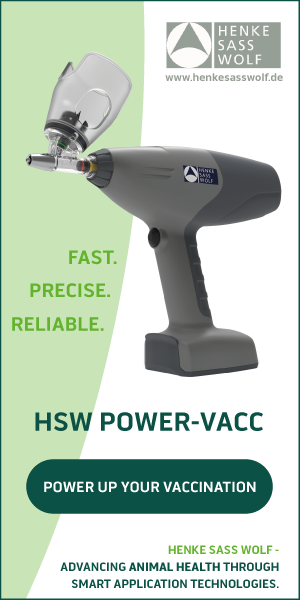British tech firm, Cambridge Consultants has announced an agritech AI-powered autonomous robotic platform that navigates orchards and fields to identify when crops are at the optimum level for picking
As agriculture need to increase efficiencies, producing greater yields with fewer inputs and less labour, growers need precise information on crop growth and health throughout the growing season.
Automation of data collection is essential to providing growers with information at scale. Existing large-scale monitoring approaches use drones, which cannot capture information from beneath the crop canopy. Attempts to use ground-based monitoring have been limited by the requirement for additional infrastructures, such as cabling or radio beacons.
Mamut integrates stereo cameras, LIDAR, an inertial measurement unit (IMU), a compass, wheel odometers and an onboard AI system that fuses the multiple sensor data inputs. This sophisticated blend of technologies enables Mamut to know where it is and how to navigate through a new environment, in real time.
Niall Mottram, head of agritech, Cambridge Consultants, commented, “Mamut is a practical application of AI, meeting a real and pressing need, particularly for growers of speciality crops where failure carries a high cost.”
“AI systems are already being used to understand crop conditions, yield predictions and to enable weed identification, but our autonomous robotic platform can collect valuable and granular data below the canopy, where drones cannot see. This data enables farmers to treat each plant in their vineyard, orchard or field individually, and on the scale of massive industrial farming, optimizing yields and producing more output with less input,” Mottram added.
Mamut’s capability to perform simultaneous localization and mapping (SLAM), enabling the robot to react and learn from unstructured routes in real time, was developed in navigation trials through the twists and turns of a 12-acre maize maze at Skylark Garden Centre and at Mackleapple’s orchard, both in Cambridgeshire, UK.





